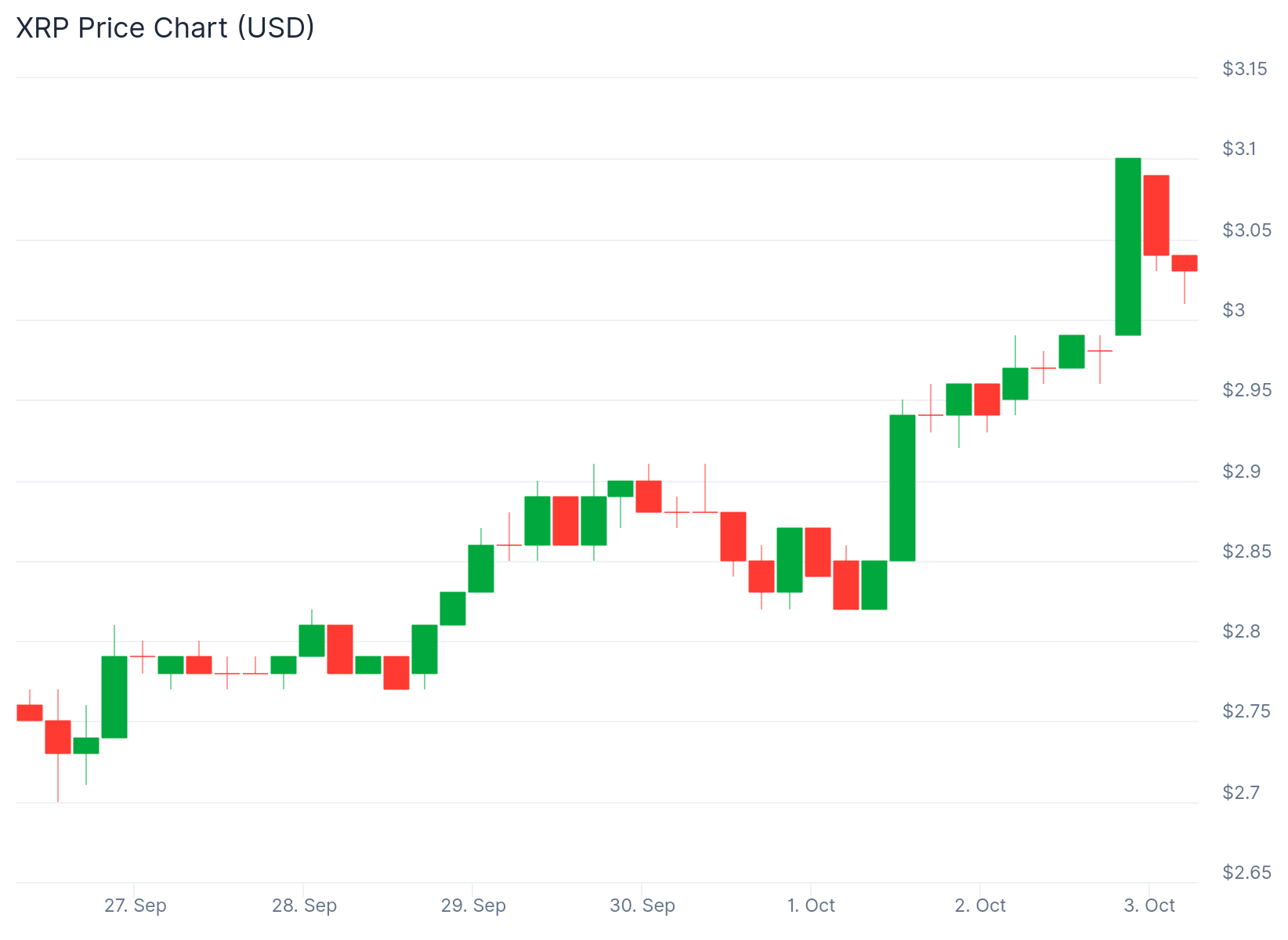Why I Believe RWA Tokens Are the Future of Investing
I remember sitting there, staring at my laptop, feeling totally stuck. My crypto portfolio was a mess. One day it was up, the next it was down a dizzying amount. I felt like I was gambling, not investing. All the traditional advice I’d heard about diversifying and “buying real assets” felt impossible for me. I’m not a millionaire, and I wasn’t about to buy a whole apartment building. I felt like I was missing out on the real-world opportunities everyone talked about.
Then I stumbled on something that changed everything for me: Real-World Asset tokens.
At first, it sounded complicated and a little too good to be true. Someone was telling me I could own a tiny piece of a commercial building in New York or a portfolio of private credit loans, all from my crypto wallet. It sounded crazy, but I was desperate for something with more stability than just trading memes coins all day.
The more I read, the more it clicked. RWA tokens are basically the best of both worlds. They take something physical and valuable like real estate or fine art and turn it into a digital token you can buy and sell. It’s like owning a stock in a company, but instead of a company, it’s a tangible asset.
I started small, with a token that represented a fractional share of a portfolio of real estate. The process was way easier than I expected. I just bought the token like I would any other crypto, and boom, I was a partial owner. I could see the asset, the smart contract governing it, and the terms of the investment all transparently on the blockchain.
What I love about it is that it’s taken the crazy volatility out of my crypto game. I still hold some of my other coins, but a good chunk of my portfolio is now tied to things that have actual, real-world value. It’s a huge relief to know that I’m earning passive income from something tangible, not just waiting for the next big crypto pump. For me, it was the bridge I needed to feel like I was truly building wealth, not just playing a high-stakes game.
Why I Believe RWA Tokens Are the Future of Investing was originally published in Coinmonks on Medium, where people are continuing the conversation by highlighting and responding to this story.
You May Also Like

XRP Price: Token Hits $3 Following VivoPower Treasury Announcement

Thousands Of New Millionaires Added Overnight? CLS Mining: Get Rich Quick In The Crypto World
